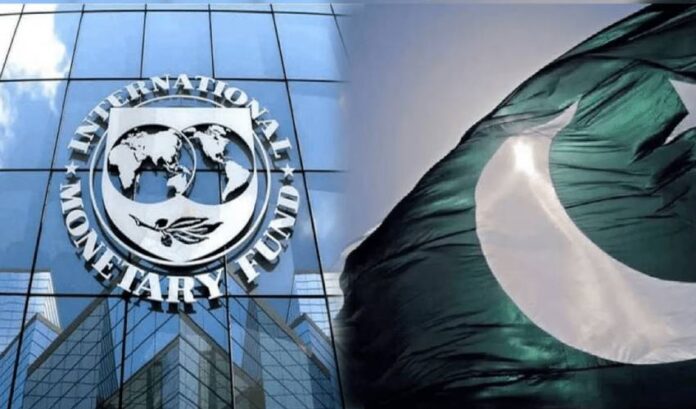The federal government has failed to meet the deadline for publishing the Governance and Corruption Diagnostic report, a key requirement set by the International Monetary Fund (IMF), The Express Tribune reported.
The report, which includes recommendations on enhancing judicial integrity, addressing conflicts of interest, and improving service delivery, was due by the end of July. However, the report remains unpublished due to delays in receiving the final version from the IMF, leaving the government at risk of missing other critical IMF conditions.
Finance Minister Muhammad Aurangzeb chaired a meeting on Monday to review progress on the implementation of IMF conditions ahead of the second review talks set for September 25. The IMF team will begin its mission in Karachi before traveling to Islamabad for discussions.
According to sources, while the federal government has met most fiscal-related conditions, key commitments related to governance reforms in state-owned enterprises (SOEs) and other institutions remain pending.
Despite these challenges, government officials expressed confidence that the second review talks would proceed smoothly, with expectations for the release of the $1 billion third loan tranche.
However, the delay in publishing the Governance and Corruption Diagnostic report, along with unmet deadlines for amending 10 SOE laws to align with the SOE Act by June 2025, pose significant obstacles.
According to the Tribune’s report, the IMF had previously advised the federal cabinet, the Supreme Judicial Council, and provincial high courts to issue annual reports outlining actions taken to strengthen judicial integrity, including the handling of complaints and outcomes. The government, however, has yet to comply with this directive.
The report, which contains over a dozen recommendations aimed at strengthening Pakistan’s rule of law, has focused on improving judicial integrity, enforcing commercial contracts, and increasing transparency in judicial processes. Among the key recommendations, the IMF called for the creation of standardized principles for judicial appointments and performance evaluations, as well as the expansion of alternate dispute resolution mechanisms.
A significant issue highlighted by the IMF was the lack of a consistent and transparent framework for judicial appointments and tenure, particularly for judges handling commercial disputes. The IMF also urged the government to establish performance monitoring systems for courts and judges, publishing results on official platforms.
In addition to governance issues, the government has breached other IMF conditions, including granting tax exemptions on sugar imports and failing to meet provincial cash surplus targets.
The Federal Board of Revenue (FBR) also missed its revenue target for the last fiscal year by Rs560 billion, collecting Rs11.74 trillion instead of the Rs12.3 trillion goal. Moreover, the FBR failed to meet its Rs50 billion target for the Tajir Dost Scheme, collecting little revenue from the initiative.




